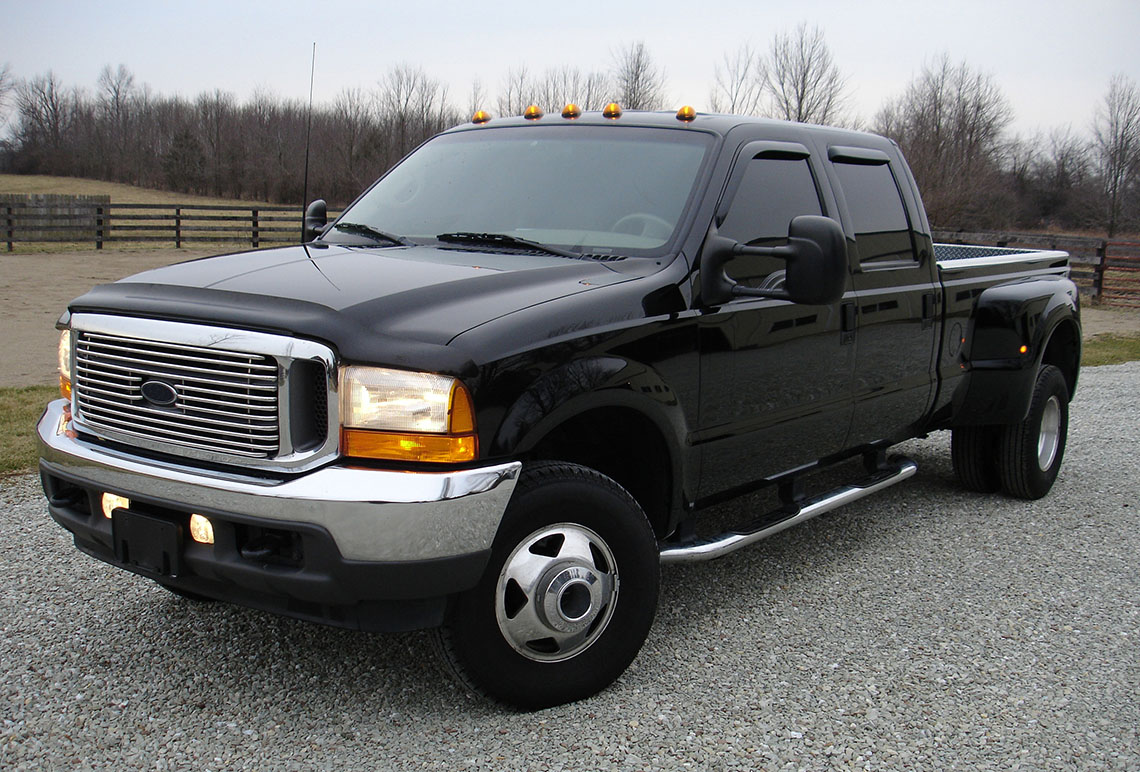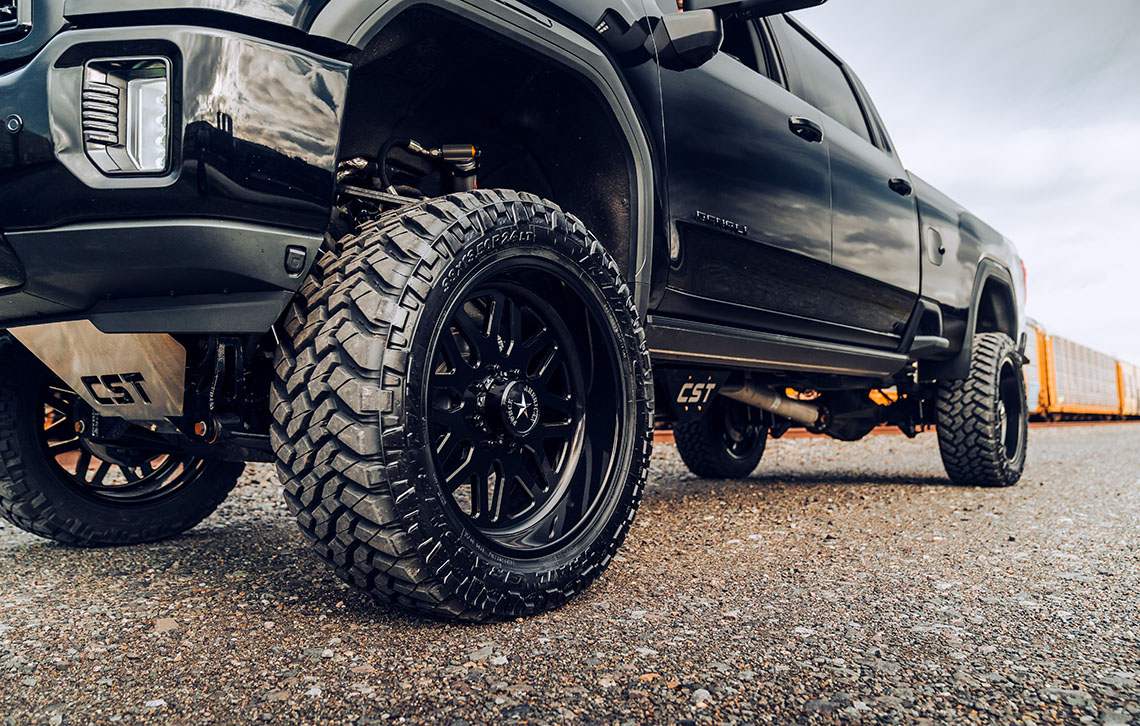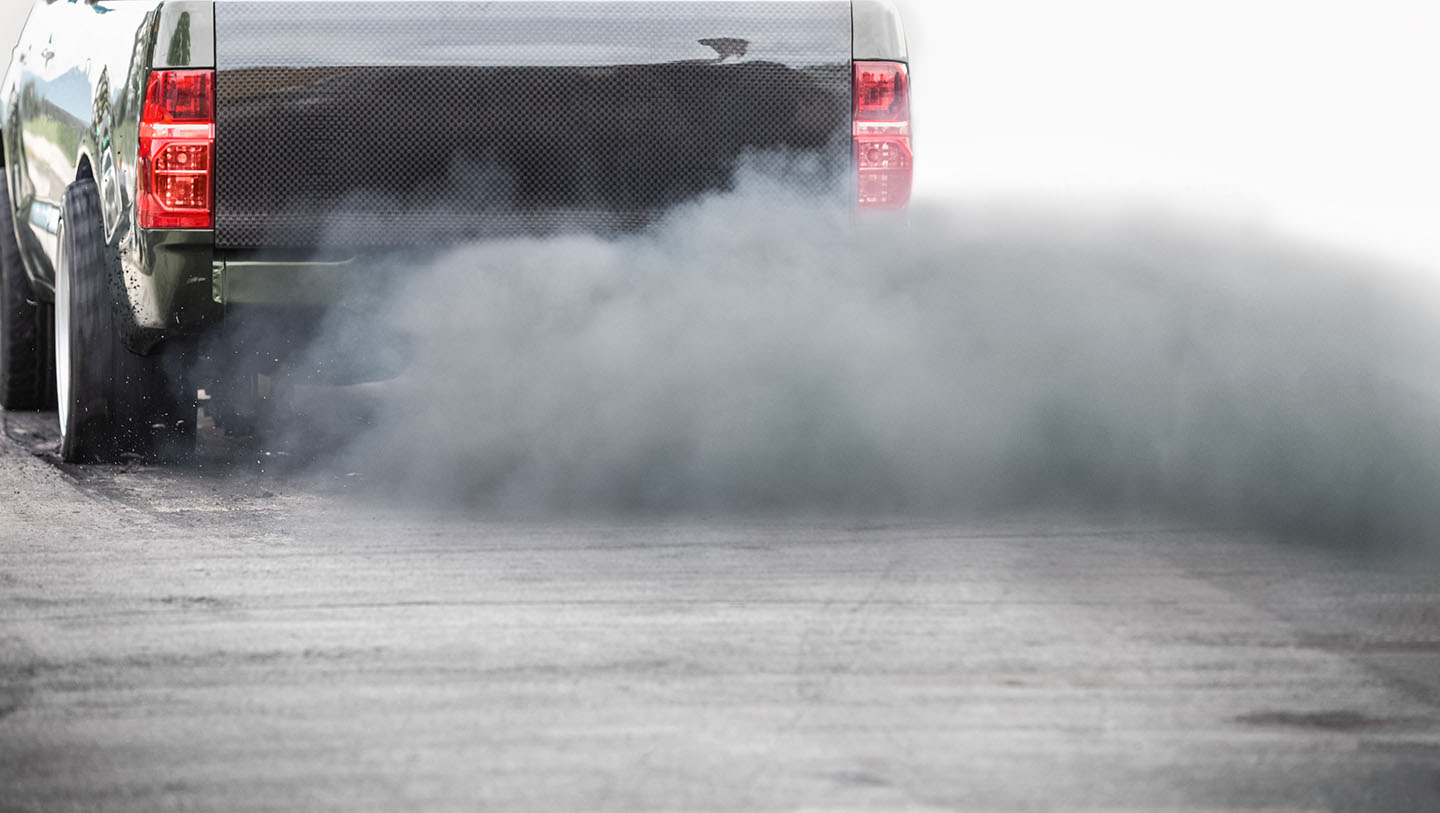What Is a Runaway Diesel?
Jan 1st 2023

Brad Sauter / Shutterstock.com
A runaway diesel is a rare occurrence that tends to get a lot of attention online. You’re bound to find all kinds of wild videos on social media depicting diesel trucks that seem to have a mind of their own. It’s true that a diesel engine can be deemed a “runaway” under the right circumstances. The vehicle will take off in a blaze of glory for several minutes until it runs out of fuel or breaks down altogether. It’s the kind of nightmare that keeps some drivers up at night, but most modern diesels come with safeguards that are designed to prevent such tragedies. If you are driving an older turbocharged diesel engine or recently added a new aftermarket turbocharger, learn how to prevent your system from severe damage.
What Happens in a Runaway?
A runaway occurs when fuel is introduced into the combustion chamber from a source other than the vehicle’s dedicated fuel system. Diesel engines use highly compressed exhaust gas and fuel to trigger the combustion process, which generates mechanical power. That means there’s no electrical spark that can easily be turned off in an emergency. The engine will continue to run as long as it receives a steady supply of compressed air and fuel.
Fuel is normally injected into the combustion chamber in a clean spray pattern that allows the fuel to burn evenly and efficiently. During a runaway, more fuel is forced into the combustion chamber, creating a blazing inferno of power that sends the truck forward at a high speed. The truck will continue moving until all the fuel has been burned or the truck experiences mechanical failure due to seized bearings and broken rods and cranks.

Brandon Woyshnis / Shutterstock.com
What Causes a Runaway?
The only way the fuel can enter the combustion chamber is for some part of the engine intake system to fail. The turbocharger or fuel line needs to break apart, allowing fuel to flow into the combustion chamber at full force. Rusted parts and components are much more likely to fail. That’s why changing your oil regularly and maintaining proper lubrication is so important.
The problem tends to be more common on turbocharged diesels. These vehicles use turbos to increase the amount of exhaust gas going into the combustion chamber, which allows the engine to burn more fuel. This delivers a boost that allows the vehicle to accelerate. The turbo requires a steady stream of oil, which acts as a lubricant. A runaway engine can occur when oil leaks into the turbo before moving into the combustion chamber. The introduction of oil increases the number of rotations per minute (RPMs), thus causing the vehicle to accelerate as it burns more fuel.
Shop for Diesel Truck Parts Online
What to Do During a Runaway
Hopefully, you never have to experience a runaway engine. Riding in one can result in serious injury. However, if you find yourself in this precarious situation, you need to cut off the air and fuel supply to stop the engine. You will basically suffocate the engine until it sputters out. Turning the key won’t do any good. Cutting off the air supply tends to be the most effective. Try blocking the air intake valve with a large object to choke the engine.
The damage comes fast and swift. If oil is leaking into the exhaust gas in the turbo, expect the entire turbocharger and housing to fail. You will also need to replace your fuel lines and fuel injectors depending on the extent of the damage. Excess oil can also leak into the exhaust gas recirculation (EGR) system, essentially contaminating the entire air supply. You will need to replace your EGR coolers to repair the vehicle.

Toa55 / Shutterstock.com
How to Prevent a Runaway
The best way to prevent a runaway engine is to maintain your turbocharger and replace broken diesel parts before they fail. Maintain a strict oil change schedule to make sure all your parts and components are properly lubricated. The oil controls the flow of fuel by setting the pressure in the fuel injectors. It also lubricates the turbo to ensure exhaust gas flows into the combustion chamber. Use high-quality oil and change it out more often if you do a lot of heavy towing or accelerating. A diesel engine can get away from you when certain conditions are met. Keep this information in mind to prevent the unimaginable.
